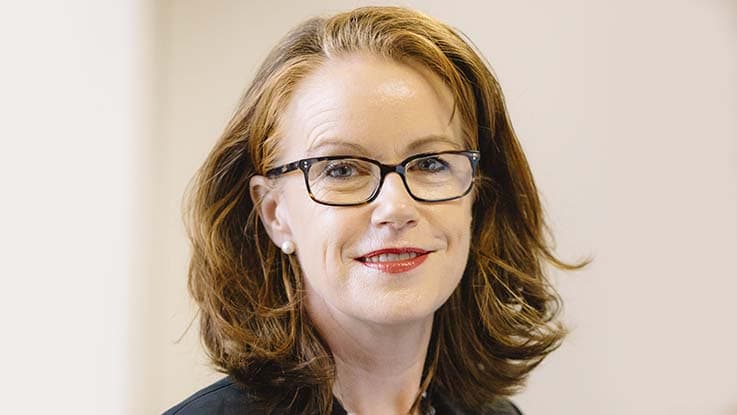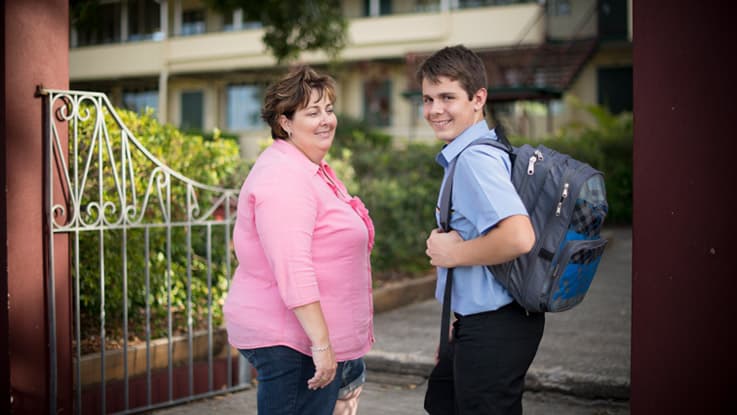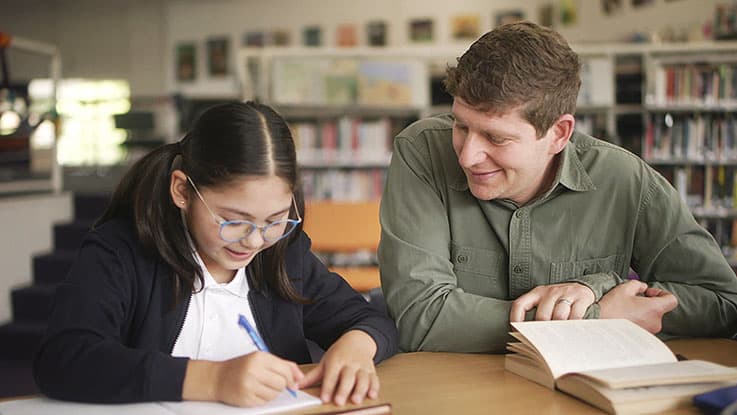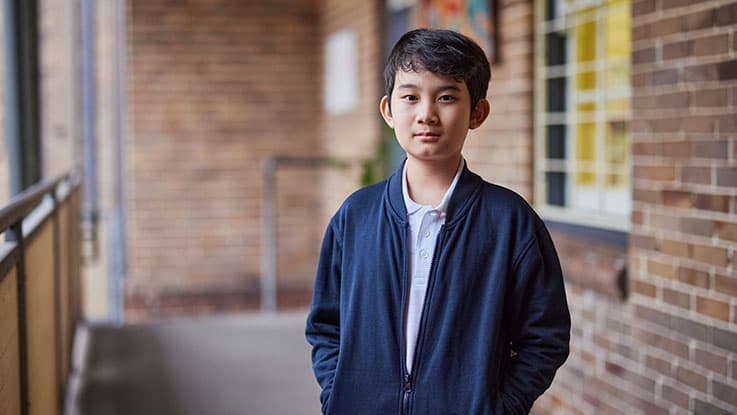
Youth unemployment in Australia
Written by Dr Lisa O’Brien, The Smith Family CEO
With the new year underway, it can be the moment when reality strikes for thousands of 2015 high school graduates – school is over and it's time to find a job.
If not contemplating further study, some of our young people will already have secured their place within Australia's workforce. For many more, their employment prospects are looking bleak in a highly complex and competitive job market. I particularly worry about those young people who grew up in entrenched disadvantage. In reality, the odds are stacked against them.

We can start by supporting disadvantaged students to develop the skills they need, so that when they start school they're not already behind.
Living in financial hardship can severely affect a young person's educational outcomes and their longer-term employment and life outcomes. These young people are living in our poorest communities and their families may also be dealing with long-term illness or disability, or struggling with unemployment. What they experience every day is mostly hidden from the rest of us. Yet, just like young people from more privileged backgrounds, they want to build the best life they can.
So how can we give these young people the future they deserve? We can start by supporting disadvantaged students to develop the skills they need, so that when they start school they're not already behind.
Then, as they progress through their school years, we can help them stay motivated to attend their classes and keep them engaged with their learning, so they have the best chance to finish Year 12. This means working closely with our poorest families, year after year. And this requires providing long-term financial, personal and educational support to young people to help them overcome the barriers they face.
Read Dr Lisa O’Brien’s full Sydney Morning Herald column.
By supporting The Smith Family, you’re providing this much needed long term support for disadvantaged children. Thank you for being part of the solution.
We can start by supporting disadvantaged students to develop the skills they need, so that when they start school they're not already behind.



